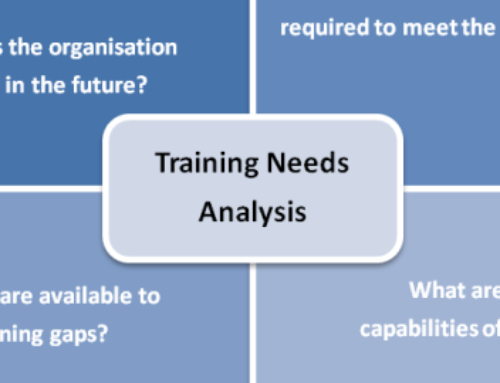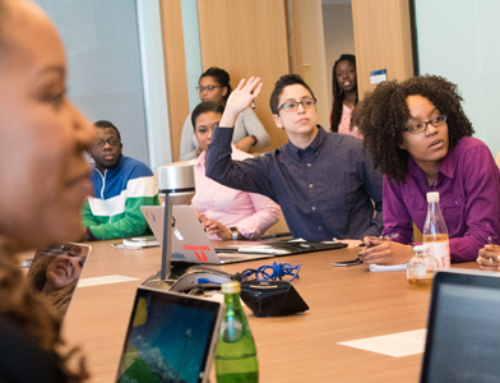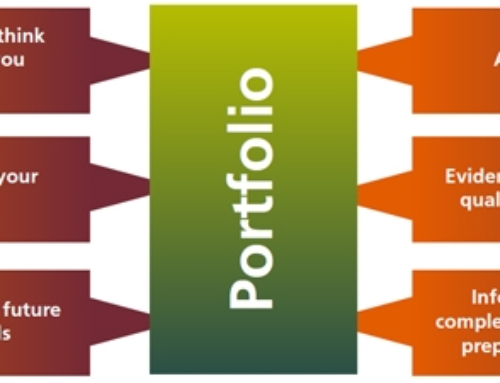Extracts from an article by: Ron Baker
Companies use personality tests for a variety of purposes, such as employment screening, assessing leadership potential, fostering corroboration and teamwork, and so on.
The most widely used is the Myers-Briggs Type Indicator (MBTI), created by Pennsylvania housewife Isabel Myers. This particular test is utilized by 89% of the Fortune 100, given to 2.5 million people each year to identify strengths and enhance teamwork.
The Minnesota Multiphase Personality Inventory (MMPI) was developed in 1946 to sort mental patients into diagnostic categories.
Of course, popularity does not imply scientific validity. What is worse, most companies keep these tests confidential so the data cannot be scientifically tested to determine effectiveness.
These tests are also popular among consultants, who are paid good money to administer them in a convivial atmosphere. But the fallacy is the tests measure what we are like and who we are, not what we know, believe, or can do.
The tests are also reassuring confirmations of what people already know about themselves, what psychologists call the permanency tendency. They also tend to validate the positive characteristics we all believe we possess, the so-called Pollyanna principle.
Companies might as well bring their people together to play with Ouija boards, which are equally entertaining while having roughly the same empirical validity. As they say, if you really want to learn what someone is like, marry them or work for them.
Visit Self Assessment & Skill Audit page.
Annie Murphy Paul, former senior editor at Psychology Today, has written a scathing indictment against these tests, labeling them modern-day phrenology, in her book The Cult of Personality Testing: How Personality Tests Are Leading Us to Miseducate Our Children, Mismanage Our Companies, and Misunderstand Ourselves. Here a few of her more condemning facts:
Professor Erkko Autio, department of management at HEC Lausanne, in Switzerland, pointed out the same defects with respect to the current fad of “emotional intelligence” in a letter toThe Economist:
It might interest you to know that not a single serious study has ever been able to demonstrate a link between “emotional intelligence” and leadership effectiveness.
I am not going to offer a replacement to personality testing because you don’t need to replace meaningless practices with anything. I will suggest, instead, that you follow the wisdom of Chinese philosopher Lin Yutang, from his book, The Importance of Living:
To me… man’s dignity consists in the following facts which distinguish man from animals.
Man, therefore, is a curious, dreamy, humorous and wayward creature. In short, my faith in human dignity consists in the belief that man is the greatest scamp on earth.





